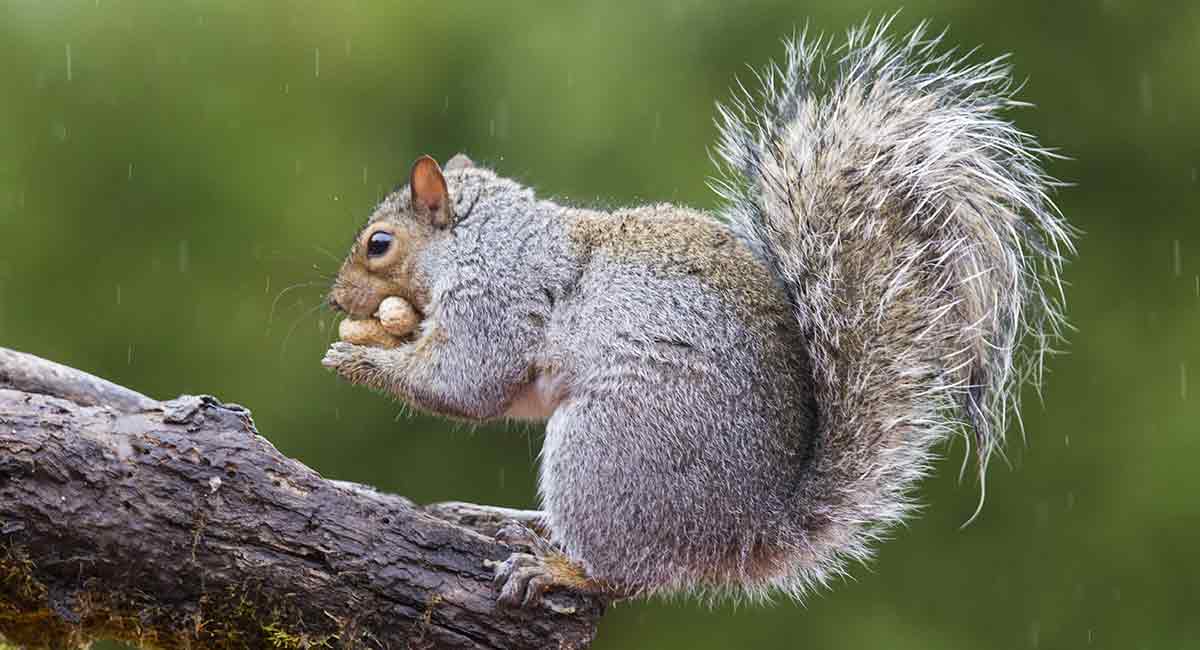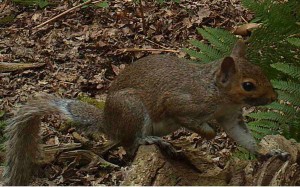All about squirrels
What you need to know!
The grey squirrel is now one of the UK’s most well-known wild mammals, and squirrels are a familiar sight in parks and gardens across the country.
These attractive, bold and inquisitive creatures were introduced here from North America in the 19th Century and have made themselves very much at home.
Squirrels are remarkably adaptable and thrive in urban or rural settings with equal ease. For many people the charming antics of squirrels in their garden are a pleasure to watch and they cannot understand why anyone would want to get rid of them.
For others the squirrel is a destructive nuisance that dominates their bird table and digs up their bulbs. Their role in displacing the now rare and native British ‘red squirrel’ has not endeared the Grey Squirrel to naturalists.
Love them or hate them, once these lively little animals get inside the fabric of your home, they can be a serious problem
Squirrels in conflict with man
Not only are squirrels a significant pest of forestry plantations, they are also very good at finding a way in to domestic roof spaces.
Here they have the ideal conditions to raise their babies, with warmth and security provided rent free. Unfortunately their destructive chewing means that they are unlikely to go un-noticed.
Squirrels will chew through woodwork and wiring, at alarming speed, ripping up insulation material and anything else in their way. Quite apart from the fire hazard presented when wiring is interfered with, they make a terrible mess.
The biology of the squirrel
Each female squirrel may produce up to four litters a year, starting as early as February or March, and each litter will have three or four babies, occasionally more.
Each baby reaches maturity in less than a year and is ready to breed the year after it is born. Most squirrels probably live around two years or so in the wild.
An adult weighs about a pound and has a tremendous enthusiasm for collecting large quantities of food and hoarding it in hidden ‘caches’.
Squirrels eat a wide variety of food, predominantly seeds and grain, bark, roots and fruit and will also supplement their diet with birds eggs, and insects. During early summer they cause considerable damage to young trees by stripping bark from tree trunks.
Grey squirrels carry a virus which is deadly to their red cousins, but which does not affect their own species at all. They also out-compete red squirrels for food.
Squirrels and the law
Because squirrels cause such damage to commercial woodland, it is illegal to release this non-native animal into the wild after trapping.
The implications of this ruling need to be considered when selecting the best method of control which will vary depending on the circumstances of the problem.
If you are concerned about squirrels on your property, you can call us now on
01428 714031
Follow this link to find out how to get rid of ‘squirrels in your attic’


